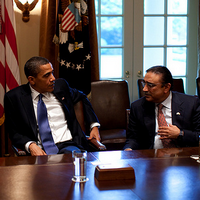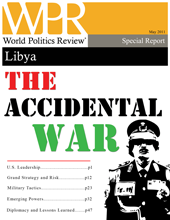
While pessimism is not in short supply in Pakistan, other resources are increasingly scarce. This is driving the country toward a crisis characterized by interlocking economic, political and security dimensions, and has already brought the government close to fiscal collapse. Yet the dangers are poorly understood. Few of the country’s policy elite fully grasp how Pakistan’s energy, food and fiscal challenges intersect, nor how quickly problems will spiral as the country’s population grows. Meanwhile, the international community is equally fragmented and short-term in its outlook, still working through sector-based silos that leave it unable to see the big picture. With […]



